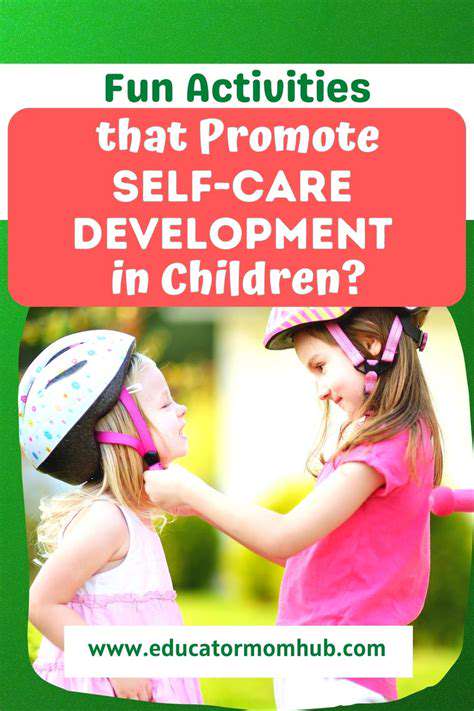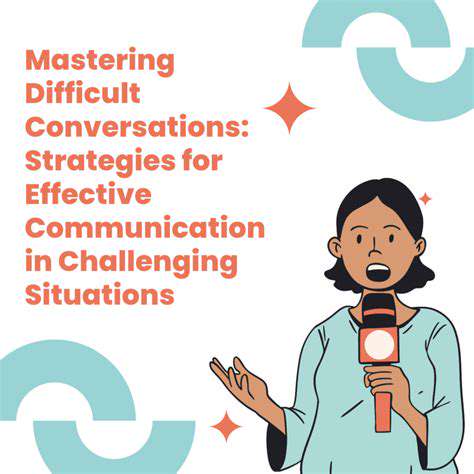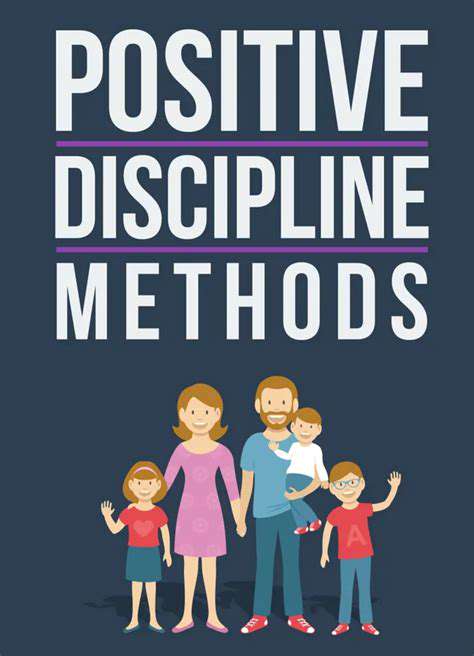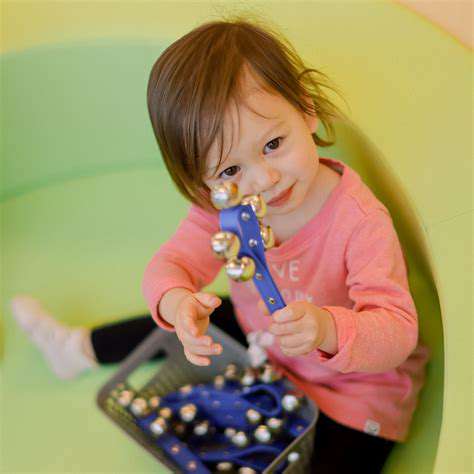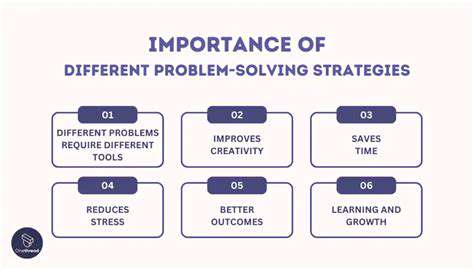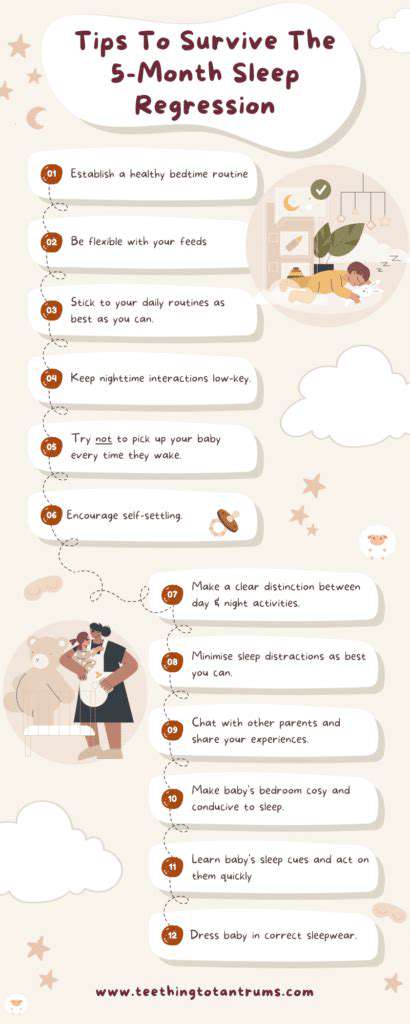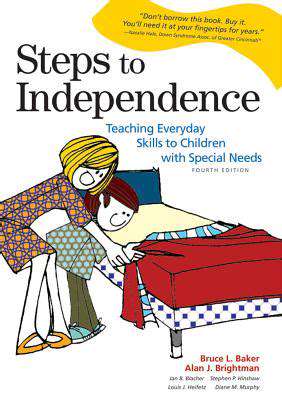培养幼儿良好习惯:简单步骤成就成功
The Importance of Positive Reinforcement
Understanding Positive Reinforcement
Positive reinforcement is a powerful tool in child development, especially when working with toddlers. It involves rewarding desired behaviors rather than punishing unwanted ones. This approach focuses on building a positive association with good actions, making them more likely to be repeated. Understanding this fundamental concept is crucial for fostering a healthy and happy environment for your little one. By rewarding positive behaviors, you're not just teaching them what's right, you're also reinforcing a sense of accomplishment and self-worth.
Instead of simply telling a toddler no, positive reinforcement encourages them to consider alternative actions. This approach creates a more nurturing and supportive environment where learning is enjoyable and successful outcomes are celebrated.
Identifying Target Behaviors
Before implementing any positive reinforcement strategy, it's essential to identify the specific behaviors you want to encourage in your toddler. Are you hoping to improve their table manners, encourage them to share toys, or motivate them to clean up their toys? Clearly defining these target behaviors is the first step in a successful reinforcement plan. A well-defined target behavior allows for a more focused and effective response. Specificity is key to making the reinforcement strategy successful.
Consider what behaviors are important to you for their overall development, and tailor your focus to these key areas. Observing your toddler's natural tendencies and identifying areas where they might need encouragement will guide you in selecting the appropriate target behaviors.
Choosing Appropriate Rewards
Selecting the right rewards is crucial for positive reinforcement to be effective. Rewards should be meaningful to the toddler, not just material objects. A simple verbal praise, a sticker chart, or a special playtime activity can be highly motivating. Tangible rewards, like a small toy or a favorite snack, can also be effective but should be used judiciously to avoid over-reliance on material items. Focus on rewards that align with your toddler's interests and developmental stage.
Consider your toddler's personality and interests when choosing rewards. What excites them? What do they enjoy doing? By selecting rewards that are truly engaging, you maximize the impact of positive reinforcement.
Implementing the Reinforcement Strategy
Once you've identified target behaviors and chosen appropriate rewards, it's time to implement your reinforcement strategy. Consistency is key. Praise and reward the desired behavior immediately after it occurs. The quicker the reward, the stronger the association between the behavior and the positive outcome. This immediate reinforcement helps your toddler understand the connection between their actions and the positive feedback. This consistency will help your child learn to associate the desired behavior with positive feelings and a sense of accomplishment.
Be patient and understanding. Toddlers are still learning, and there will be setbacks. Focus on the progress, and celebrate even small successes. Positive reinforcement is a journey, not a race. With persistence and consistency, you'll see positive results.
Maintaining Consistency and Adapting
Maintaining consistency in your positive reinforcement strategy is essential for long-term success. Consistency helps establish clear expectations and creates a predictable environment for your toddler. This consistency will help your child learn to associate the desired behavior with positive feelings and a sense of accomplishment. This will lead to more positive behaviors in the future.
As your toddler grows, their interests and developmental needs will change. It's crucial to adapt your reinforcement strategy accordingly. Regularly review your plan and adjust rewards or target behaviors as needed to maintain its effectiveness. This flexibility will ensure that your positive reinforcement strategy remains relevant and impactful as your toddler matures.
